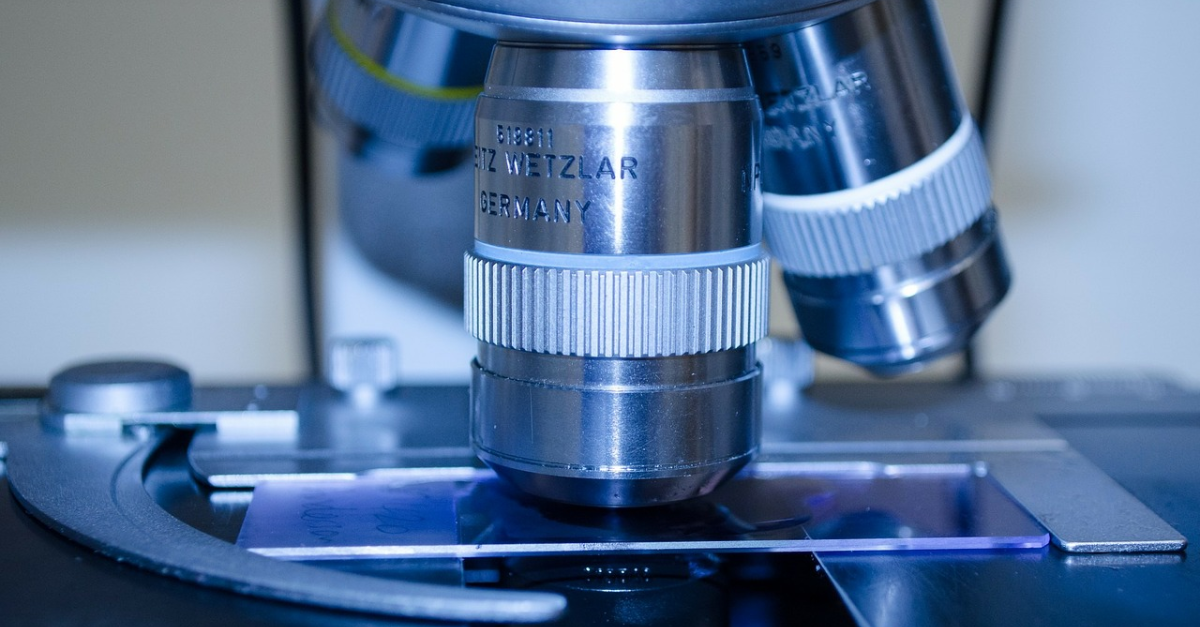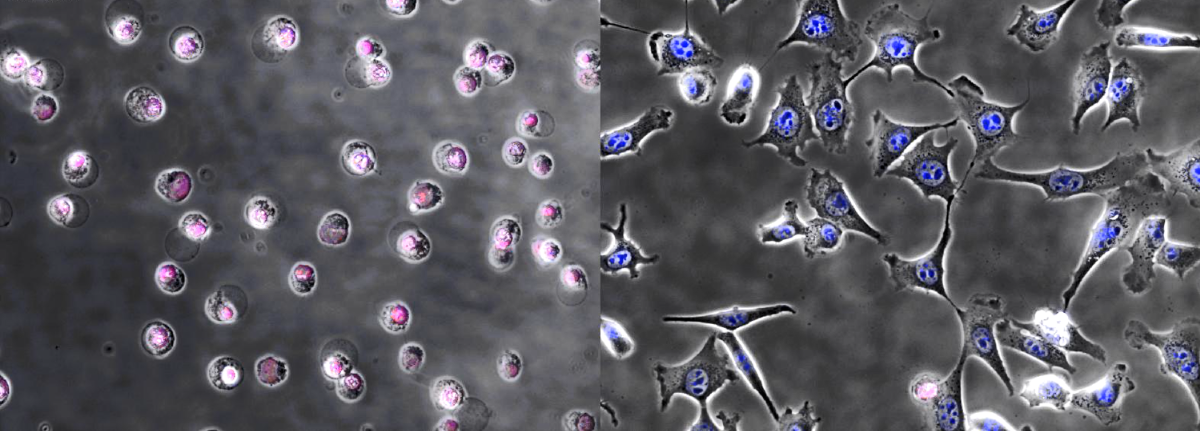
Two researchers from the University of Ottawa were part of an international study that identified an enzyme that strongly inhibits ferroptosis, an iron-dependent form of cell death implicated in neurodegeneration and ischemic reperfusion injury. It turns out that ferroptosis suppressor protein-1 (FSP1) is expressed in a wide variety of cancer cell lines and therefore represents an attractive drug target for cancer treatments.
Ph.D. student Ron Shah and Professor Derek Pratt, from the uOttawa Department of Chemistry & Biomolecular Sciences were part of a team or researchers led by Helmholtz Zentrum München and the University of Würzburg, in Germany.
Their paper FSP1 is a glutathione-independent ferroptosis suppressor was published in the international journal of science Nature.
Ron Shah and Dr. Pratt’s role in the project was the characterization of the molecular mechanism of ferroptosis suppressor protein-1 (FSP1).
‘’Specifically, we demonstrated that it can recycle coenzyme Q10 and vitamin E and enable them to protect cell membranes from the oxidation processes that lead to ferroptotic cell death,’’ explained Dr. Pratt.
The first FSP1 inhibitor sensitizes tumor cells to ferroptosis, providing the rationale for the development of stratified combination therapies allowing more personalized treatments for oncology patients.
“Since we found that FSP1 is expressed in most cancer cell lines, novel FSP1 inhibitors have the potential to be further developed as anticancer drugs,” explained the first author of the study, Dr. Sebastian Doll, from the Institute of Developmental Genetics at Helmholtz Zentrum München.

The research was funded by Helmholtz Zentrum München’s Development Grant for FSP1 inhibitors (2018) and the Deutsche Forschungsgemeinschaft. The study initiated at Helmholtz Zentrum München and developed in close collaboration with Rudolf-Virchow-Zentrum at Würzburg University, with important contributions from the University of Ottawa, Cardiff University, Imperial College London and the University of California, Berkeley.
Media inquiries:
Justine Boutet
Media Relations Officer
Cell: 613.762.2908
